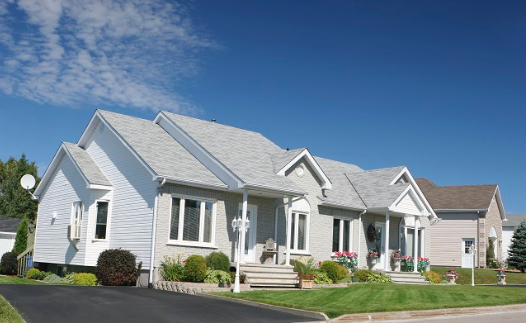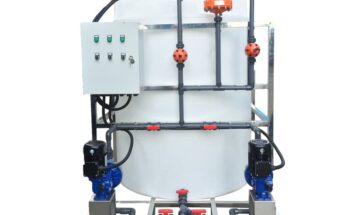When a person is addicted to drugs, he wants to find every reason to use it. For instance, a person who is addicted to nicotine and wants to quit smoking will find that everything around him seems to push against his willpower to abstain for the first few months. If he hangs around smoking people, his struggle becomes a nightmare; even drinking coffee triggers a craving. Every small thing creates that urge and the list is endless. Sometimes habits can become so ingrained in life so that a person’s social life, activities, and employment are affected. Sober living homes are designed to help addicts have a safe environment where there are fewer triggers. It provides a positive and encouraging atmosphere for recovery and an individual can be free from the negative influences as he learns how to cope in staying sober. Although making these steps may be hard it is a worthwhile one because the homes make the road to sobriety a little less bumpy.
Characteristic of Sober Living Homes
Sober living homes provide a positive atmosphere and can also help reduce the risk of relapse. They also play an important role in teaching recovering addicts how to deal with stress without resorting to drugs or alcohol. This makes it easier for you to transition back to a normal life routine. The home can be defined by these five distinct characteristics:
- An environment that is drug and alcohol-free
- No formal alcohol or drug treatments are required although 12 step meeting attendance is encouraged
- A resident is expected to abide by the house rules such as paying rent, perform household chores, or attend house meetings
- A resident must meet all the financial obligations such as paying for the house’s utilities
- A resident can stay for as long as he or she wants to as long as he observes the rules
Why People go to Sober Homes
You will find people of all walks of life in these homes. This is because anyone can be affected by drugs or alcohol regardless of their age, race, gender or financial status. Anyone can help find the help he needs if he wants to recover from addiction. People come to the homes for various reasons such as homelessness, referral by a criminal justice system or just by choice.
Those who make up residents of the sober communities are people who have recently completed formal drug or alcohol treatment. This is the type of aftercare provided in the homes and it helps to ease the transition from a strictly structured environment to a loosely structured setting. Residents will find that they have more freedom and more responsibilities as they go back to a more normal life.
When a drug or alcohol offender passes through any form of a criminal justice system, he may be sent to a sober home for his recovery. This is sometimes used in place of being sent to prison. Alternatively, the decision can be a provision of parole.
When someone homeless is also addicted to the drug, this can be a terrible combination. These homes, therefore, allow such people who don’t have a home and want to get sober find shelter, make new friends and start living a normal life. The sober homes also welcome anyone who is ready to recover from alcohol or drug abuse and they may stay as long as they wish to.
Whatever reason you have for joining a sober home, it might be just the right place you need to go. The whole process of trying to get sober can be scary but it is still possible to achieve long term sobriety and live a meaningful life.
What to Expect in a Sober Environment
Patients are completely immersed in their rehab programs when they are in an inpatient treatment center. They are not fully dependent. This is different from sober homes where residents are not confined to the campus but are free to go and come as they please. This makes it easy for you t feel like you are going back to your normal daily routine. These homes may be less restrictive but it does not mean that people are free to act in any manner. There are rules that residents must obey. These include attending mandatory group meetings and observing curfews.
While staying in the home you will forge meaningful friendships. You will find people who are on the same path of recovery as you are. This helps to reinforce in you the desire to keep free from alcohol and drugs. This support system is helpful because it helps you to avoid the isolation that normally comes with returning back to a normal life after recovery.
Increase your Odds of Staying Sober
These homes can be rightfully viewed as an alternative to getting out of intensive care surrounding straight back to an unstructured environment with no support. Chances of relapse are reduced at the homes since normal daily activities such as cooking and doing chores are replicated inside the facilities. There are a number of actions a resident can do that will guide him throughout the recovery process such as:
- Finding employment
- Seeking forgiveness from close friends and family members who have been affected by the individual’s substance abuse.
- Finding shelter after recovery
- Adjusting to sober homes even when going back to a normal housing system
You do not have to rely on home to fully recover. You can also create your own plan to reduce chances of relapse by identifying triggers that push you against your willpower to fight cravings. Once you identify these you will be in a better position to avoid them. Plan ahead on how you will react when you are faced with such situations and have in mind practical ways to eliminate any of these triggers completely out of your life. The struggle may be difficult but it is possible to live a sober life.




